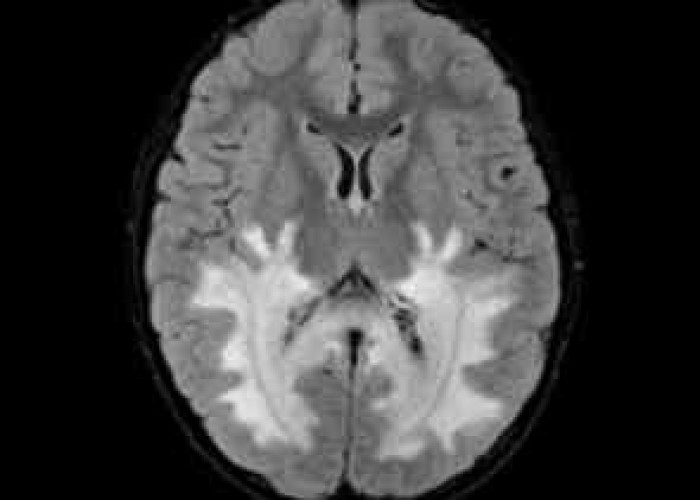 Welcome
Welcome
“May all be happy, may all be healed, may all be at peace and may no one ever suffer."
Adrenoleukodystrophy

Adrenoleukodystrophy (ALD) is a rare genetic disorder that affects the nervous system and the adrenal glands. It is caused by the buildup of certain types of fatty acids in the brain and other tissues, which can lead to damage to the myelin sheath, the protective covering around nerve fibers.
There are several forms of ALD, including:
- Childhood cerebral ALD: a severe form that affects young children and causes progressive neurological symptoms, such as difficulty walking and speaking, and behavioral changes.
- Adrenomyeloneuropathy (AMN): a milder form that affects older children and young adults and primarily affects the spinal cord and adrenal glands.
- Addison's disease-only ALD: a mild form that affects only the adrenal glands and causes symptoms of adrenal insufficiency, such as fatigue, weight loss, and low blood pressure.
Symptoms of ALD can vary depending on the form and severity of the disorder, but may include:
- Progressive neurological symptoms, such as difficulty walking, speaking, or controlling movements
- Changes in behavior or personality
- Adrenal insufficiency, causing symptoms such as fatigue, weight loss, and low blood pressure
- Abnormal growth or development
- Vision problems
ALD is caused by a genetic mutation that affects the production of a protein that helps break down certain fatty acids. It is inherited in an X-linked recessive pattern, which means that it primarily affects males and is passed from mothers to their sons.
There is currently no cure for ALD, but treatment options are available to manage symptoms and slow the progression of the disease. These may include medications to manage adrenal insufficiency, enzyme replacement therapy, and bone marrow transplantation.
It's important to seek medical attention if you or a loved one is experiencing symptoms that may be related to ALD. With early diagnosis and proper management, people with ALD can live longer and have a better quality of life.
Research Papers
Disease Signs and Symptoms
- Genetic problems
- Headaches
Disease Causes
Disease Prevents
Disease Treatments
Adrenoleukodystrophy has no cure. However, stem cell transplantation may stop the progression of ALD if done when neurological symptoms first appear. Doctors will focus on relieving your symptoms and slowing disease progression.
Treatment options may include:
- Stem cell transplant. This may be an option to slow or halt the progression of adrenoleukodystrophy in children if ALD is diagnosed and treated early. Stem cells may be taken from bone marrow through bone marrow transplant.
- Adrenal insufficiency treatment. Many people who have ALD develop adrenal insufficiency and need to have regular adrenal gland testing. Adrenal insufficiency can be treated effectively with steroids (corticosteroid replacement therapy).
- Medications. Your doctor may prescribe medications to help relieve symptoms, including stiffness and seizures.
- Physical therapy. Physical therapy may help relieve muscle spasms and reduce muscle rigidity. Your doctor may recommend wheelchairs and other mobility devices if needed.
In a recent clinical trial, boys with early-stage cerebral ALD were treated with gene therapy as an alternative to stem cell transplantation. Early results from gene therapy are promising. Disease progression stabilized in 88 percent of boys who participated in the trial. Additional research is necessary to assess long-term results and safety of gene therapy for cerebral ALD.
Disease Diagnoses
Disease Allopathic Generics
Disease Ayurvedic Generics
Disease Homeopathic Generics
Disease yoga
Adrenoleukodystrophy and Learn More about Diseases

Throat cancer

Frostbite

Jet lag disorder

Pectus carinatum

Fever

Alcohol use disorder

Nickel allergy

Pouchitis
Adrenoleukodystrophy, ALD, X linked adrenoleukodystrophy, অ্যাড্রিনোলেকোডিস্ট্রফি
To be happy, beautiful, healthy, wealthy, hale and long-lived stay with DM3S.
